|
3rd year PhD candidate in the Oxford Machine Learning in Neuroimaging Lab (OMNI), University of Oxford. Co-advised by Ana Namburete, and Christian Rupprecht from Visual Geometry Group (VGG). Research Interests:
Prior to starting my PhD and in between barely wakeful moments of my Masters degree, I was actively involved in bridging research gap between academia and industry, and led AI prototype creation of Mindspire, a mental health screening tool in collaboration with Dubai Health Authority and Ericsson. I initially began my journey as software engineer intern specializing in automation, database scalability, and network security at Etisalat Digital before foraying into the developing field of AI and ML. I am a proponent of democratizing early screening at the population level to facilitate precision medicine, such that the right patient receives the right treatment at the right time in an equitable manner. Education:
Open to research internships for 2025 - feel free to connect if my work interests you! |
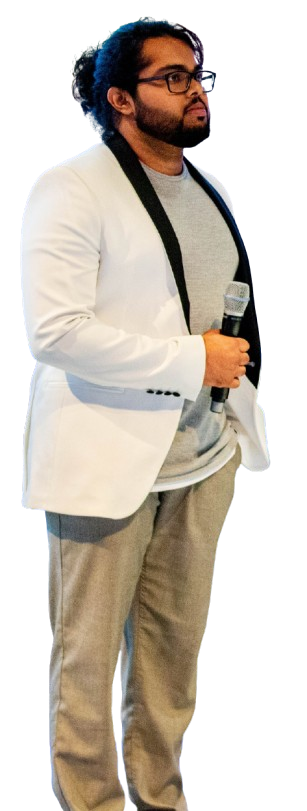
|

|
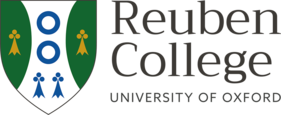
|
.png)
|

|

|

|
|
|
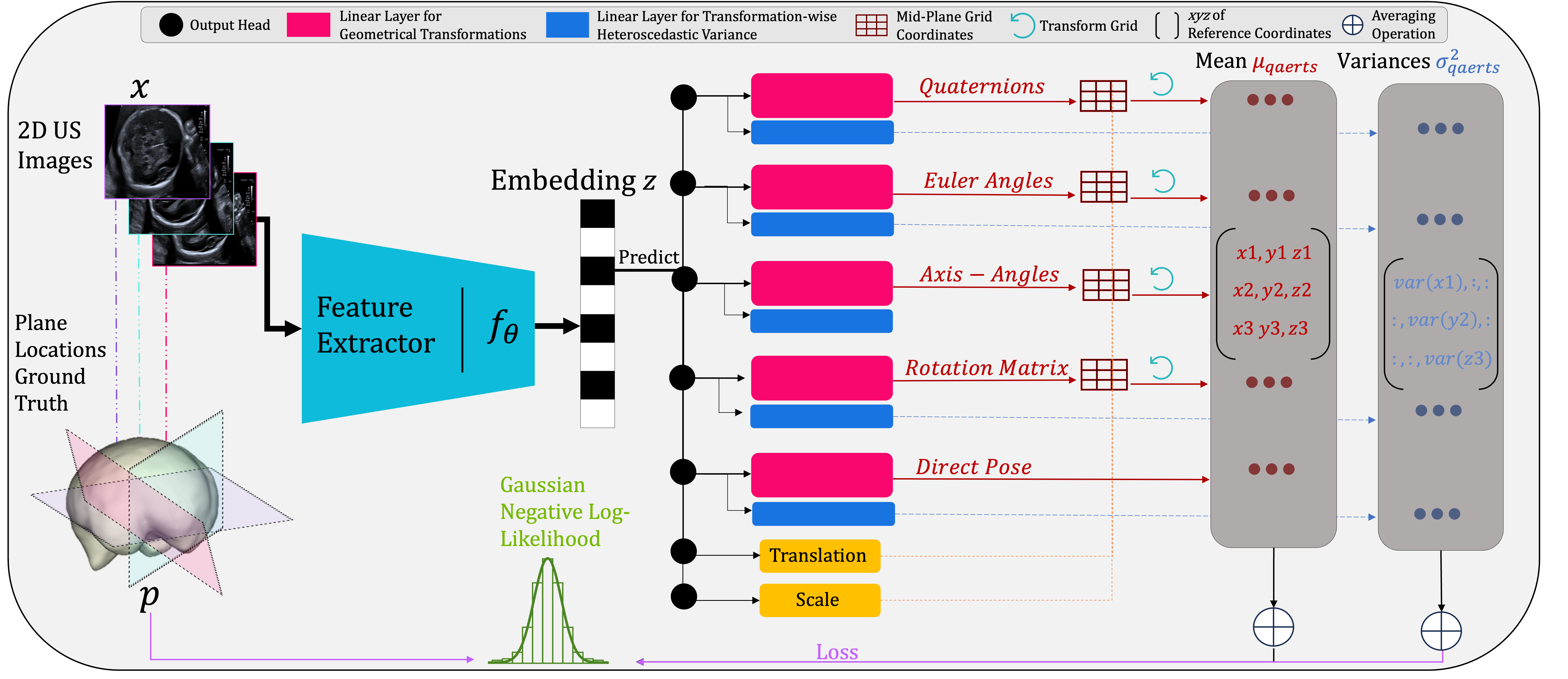
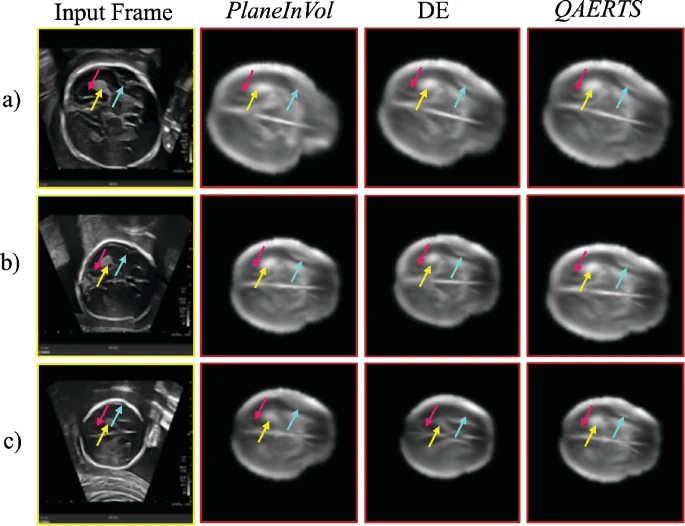
|
Jayroop Ramesh, Nicola Dinsdale, Pak-Hei Yeung, Ana IL Namburete MICCAI, 2024 (Top 11%) Accurately localizing two-dimensional (2D) ultrasound (US) fetal brain images in the 3D brain, using minimal computational resources, is an important task for automated US analysis of fetal growth and development. We propose an uncertainty-aware deep learning model for automated 3D plane localization in 2D fetal brain images. Specifically, a multi-head network is trained to jointly regress 3D plane pose from 2D images in terms of different geometric transformations. QAERTS also demonstrates efficiency, containing 5 fewer parameters than ensemble-based approach, making it advantageous in resource-constrained settings. |
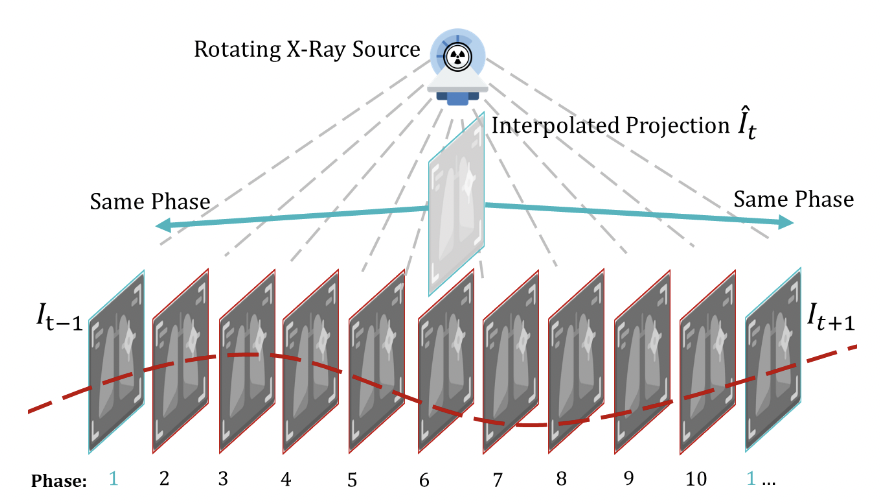
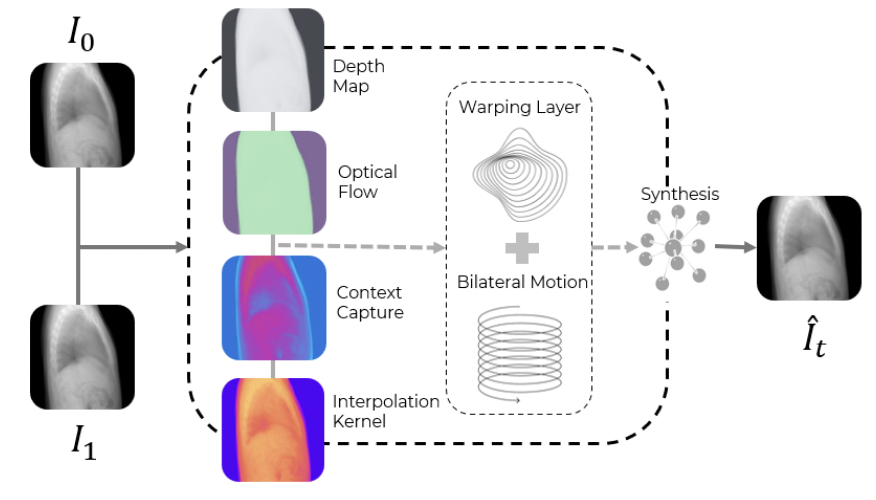
|
Jayroop Ramesh*, Donthi Sankalpa*, Rohan Mitra* Salam Dhou IEEE OJEMB, 2024 Respiration-correlated cone-beam computed tomography (4D-CBCT) is an X-ray-based imaging modality that uses reconstruction algorithms to produce time-varying volumetric images of moving anatomy over a cycle of respiratory motion. Several state-of-the-art pre-trained deep learning models, used for video frame interpolation, are utilized in this work to generate intermediary projections. Moreover, a novel regression predictive modeling approach is also proposed to achieve the same objective. |
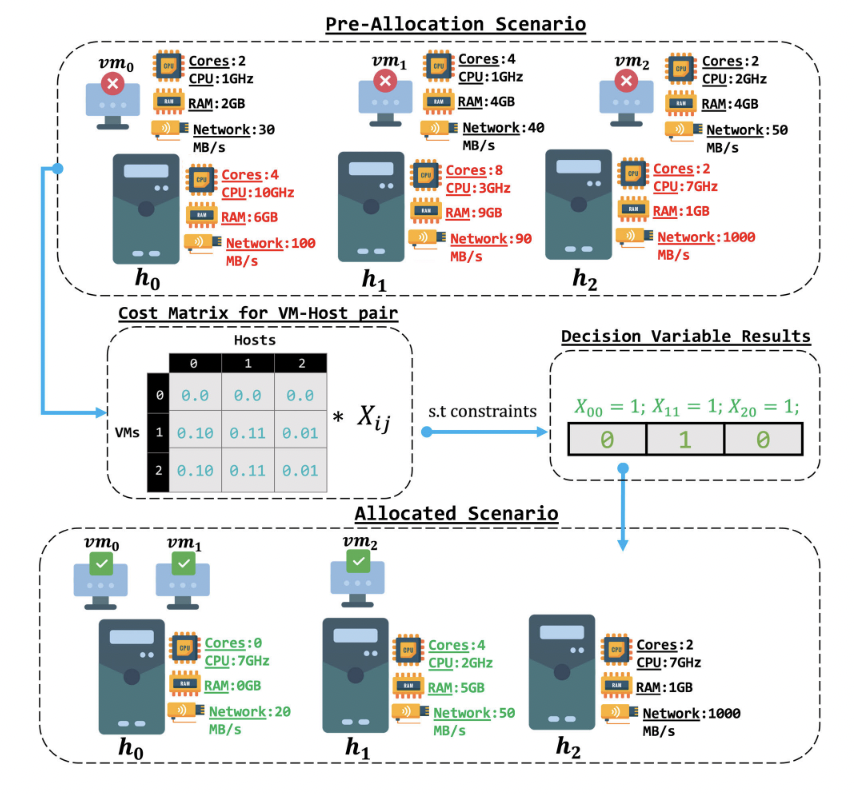
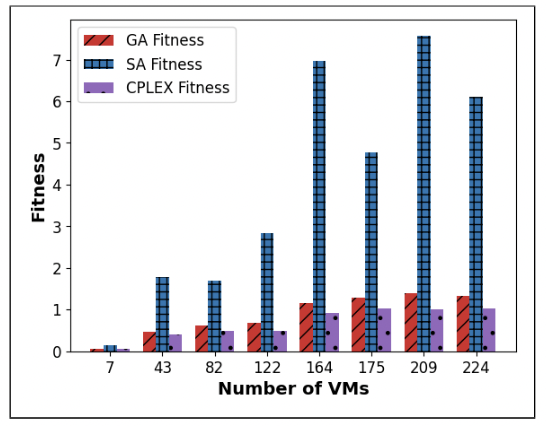
|
Jayroop Ramesh, Zahra Solatidehkordi, Khaled El-Fakih, Raafat Aburukba IEEE Access, 2024 This paper proposes an approach to VM allocation in the event of host deterioration or failure. Namely, an integer linear programming optimization model is proposed for the allocation of the failing VMs while minimizing VM migration time. In comparison to the CPLEX solver, the results show that for small size data center problems, the proposed HGA and HSA achieve near-optimal solutions with 70.80% and 81.43% increase in speed with an average solution quality trade-off by 20.57% and 78.52%, respectively. |
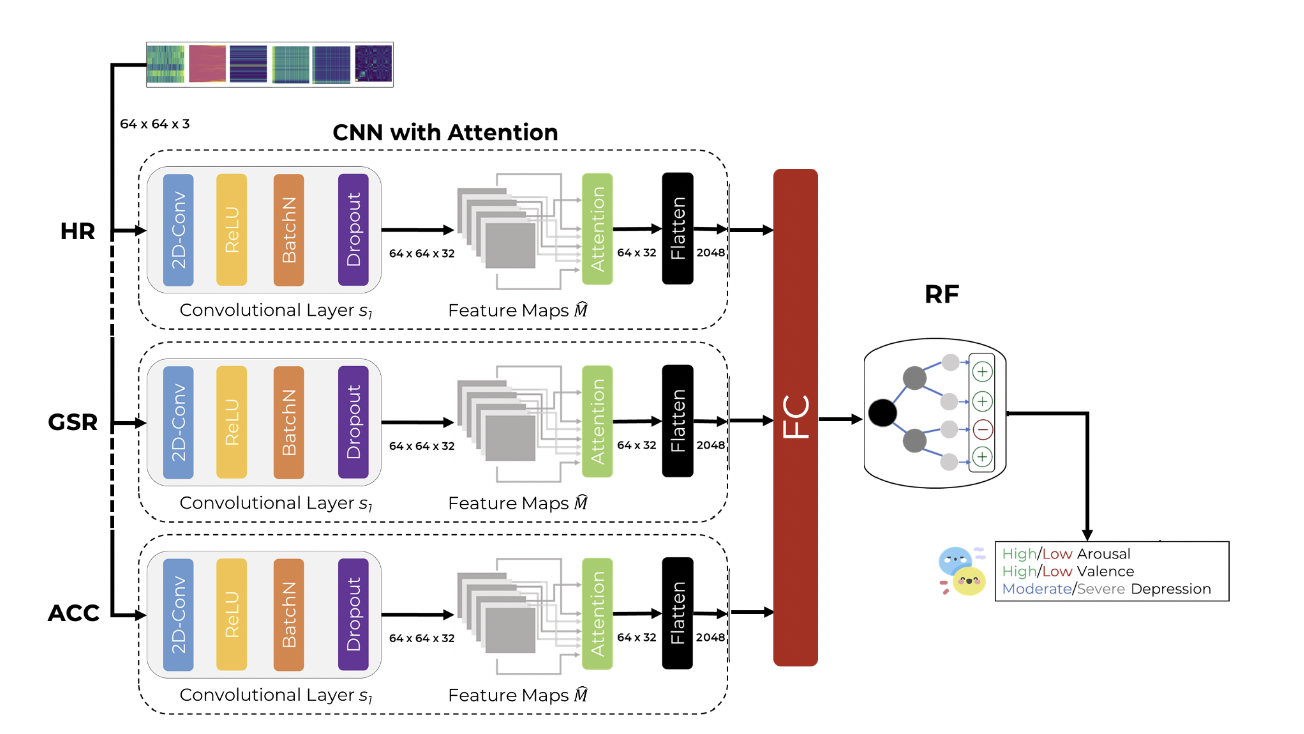
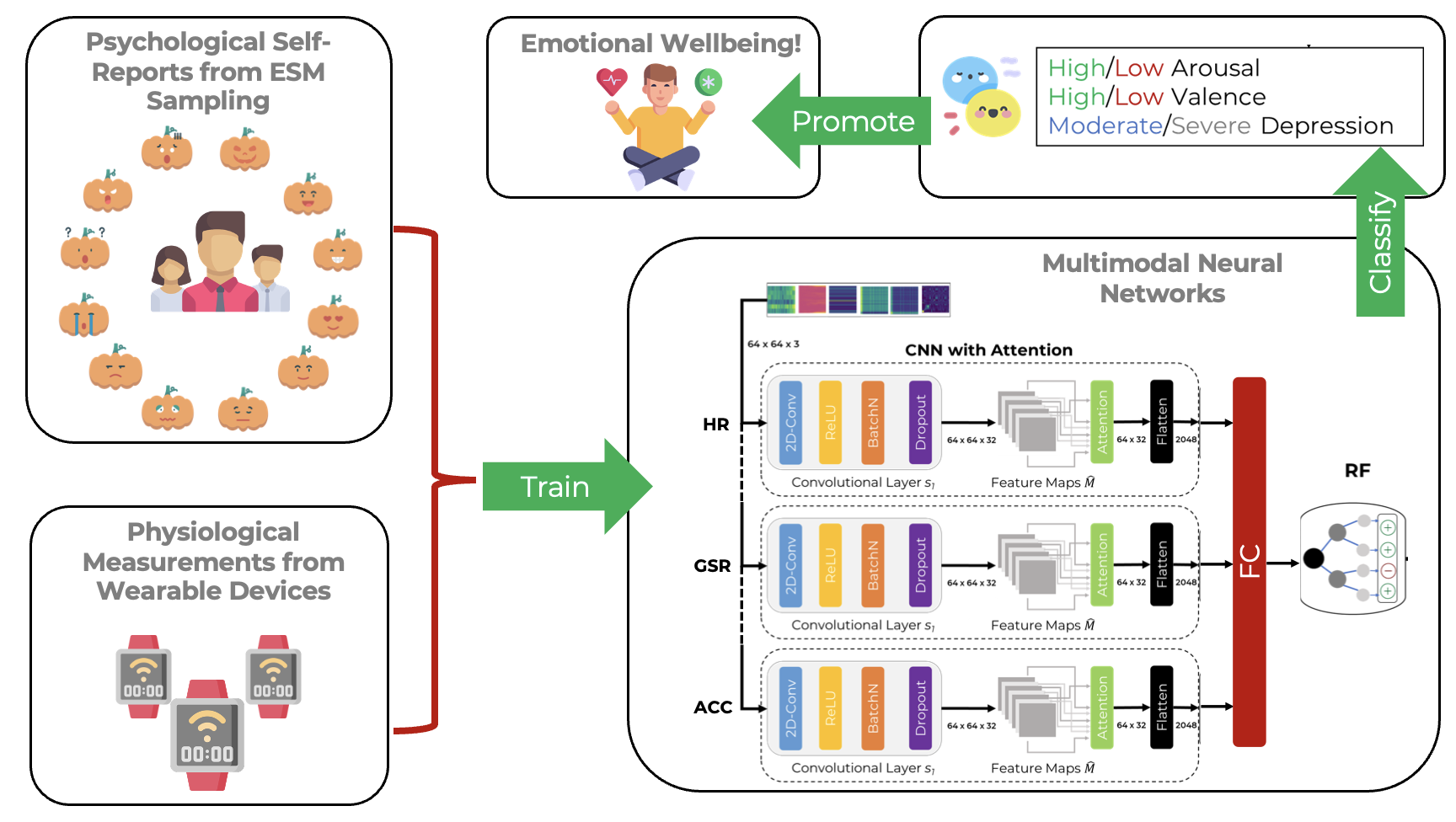
|
Abdullah Ahmed*, Jayroop Ramesh*, Sandipan Ganguly, Raafat Aburukba, Assim Sagahyroon, Fadi Aloul IEEE Sensors, 2023 This work provides an extensive evaluation of a convolutional neural network with an attention mechanism ensembled with a random forest algorithm to effectively leverage multiple raw signal-to- image transformations as feature inputs to predict depression severity and affective state. |
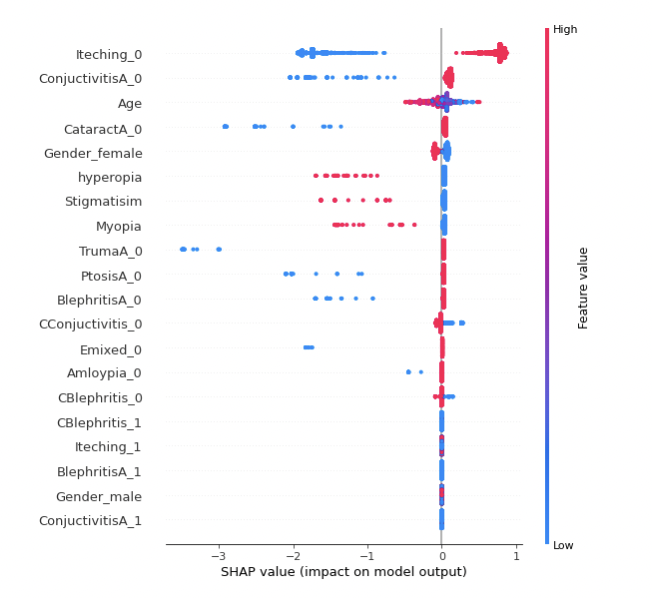
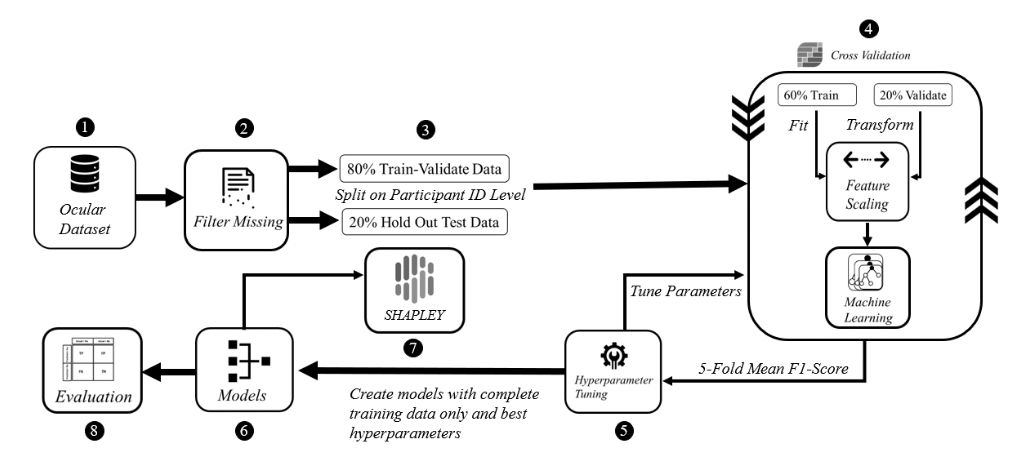
|
Jayroop Ramesh, Donthi Sankalpa*, Amar Khamis, Assim Sagahyroon, Fadi Aloul IEEE-EMBS BHI, 2022 In this work, different machine learning methods are applied to a sparse dataset of ocular symptomatology and diagnoses acquired from Maradi, Nigeria collected during routine eye examinations conducted within a school setting. The goal is to develop a screening system for Vitamin A deficiency in children without requiring retinol serum blood tests, but rather by utilizing existing health records. The SVC model achieved the best scores of accuracy: 75.7%, sensitivity:83.7%, and specificity: 74.9% |
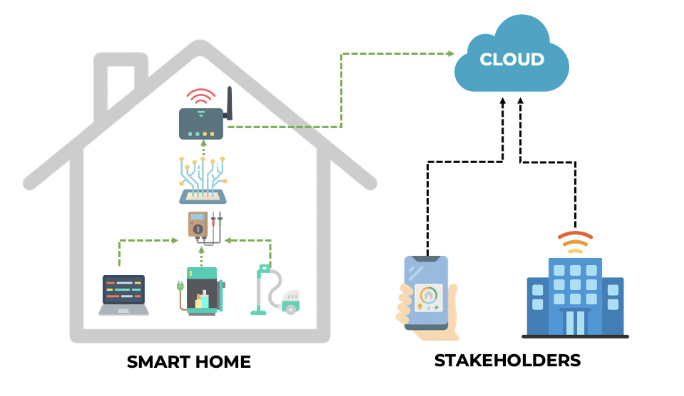
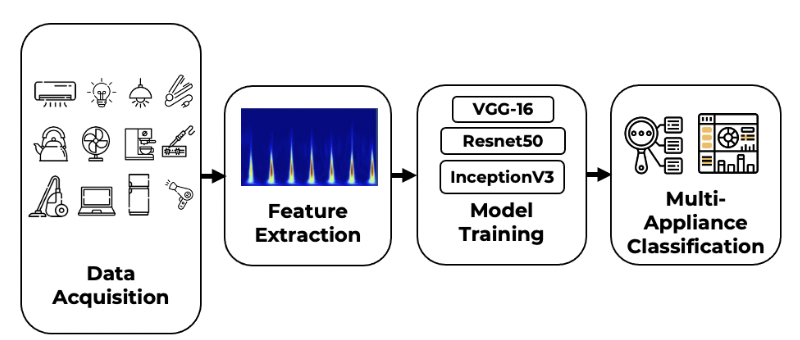
|
Jayroop Ramesh, Ahmad Al Nabulsi, Ahmed Osman, Mostafa Shaaban IEEE ICCE, 2022 We propose an enhanced real-time single-sensor home appliance classification and mon- itoring system leveraging convolutional neural networks and transfer learning.The convolutional neural network architectures of VGG16, ResNet50, and the InceptionV3 are trained individually by the transfer-learning paradigm with the image features of V-I trajectories, spectro- grams, continuous wavelet transforms, and Fryze decomposed active components respectively. |
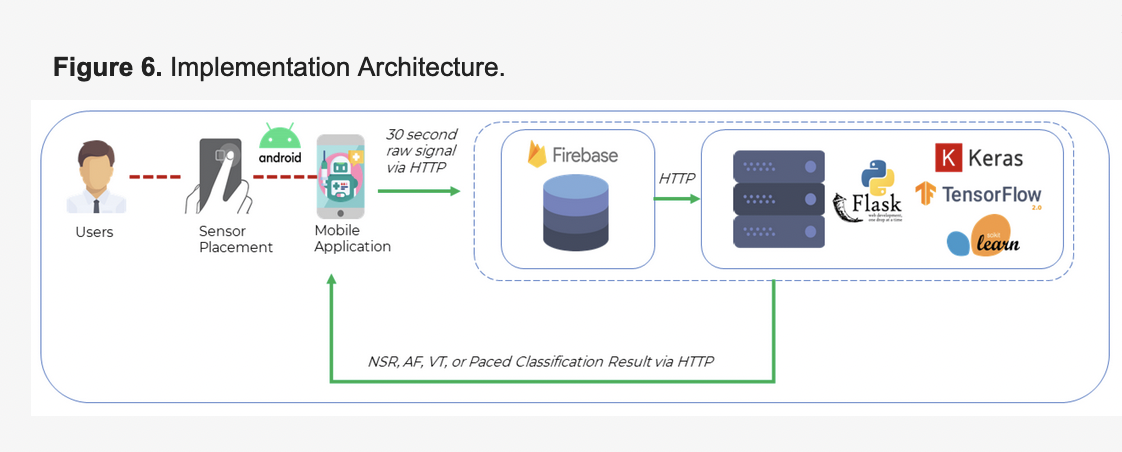
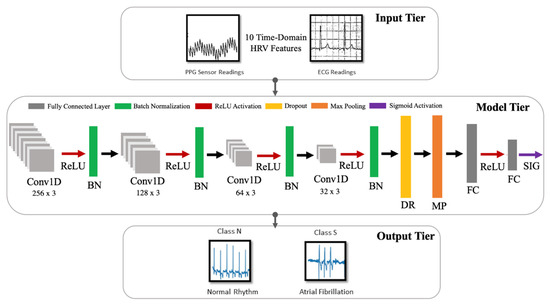
|
Jayroop Ramesh, Zahra Solatidehkordi, Raafat Aburukba, Assim Sagahyroon, Fadi Aloul MDPI Sensors, 2021 This paper proposes a one-dimensional deep convolutional neural network that uses HRV-derived features for classifying 30-s heart rhythms as normal sinus rhythm or atrial fibrillation from both ECG and PPG-based sensors. The model is trained with three MIT-BIH ECG databases and is assessed on a dataset of unseen PPG signals acquired from wrist-worn wearable devices through transfer learning. |
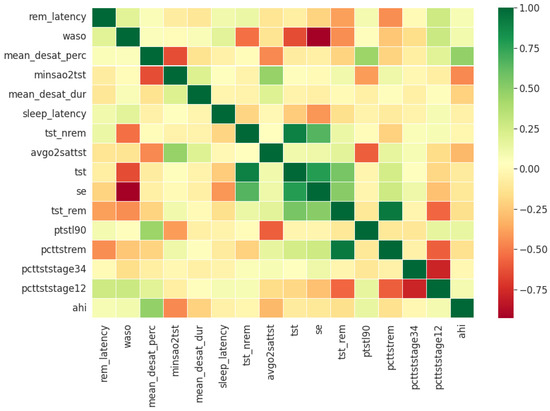
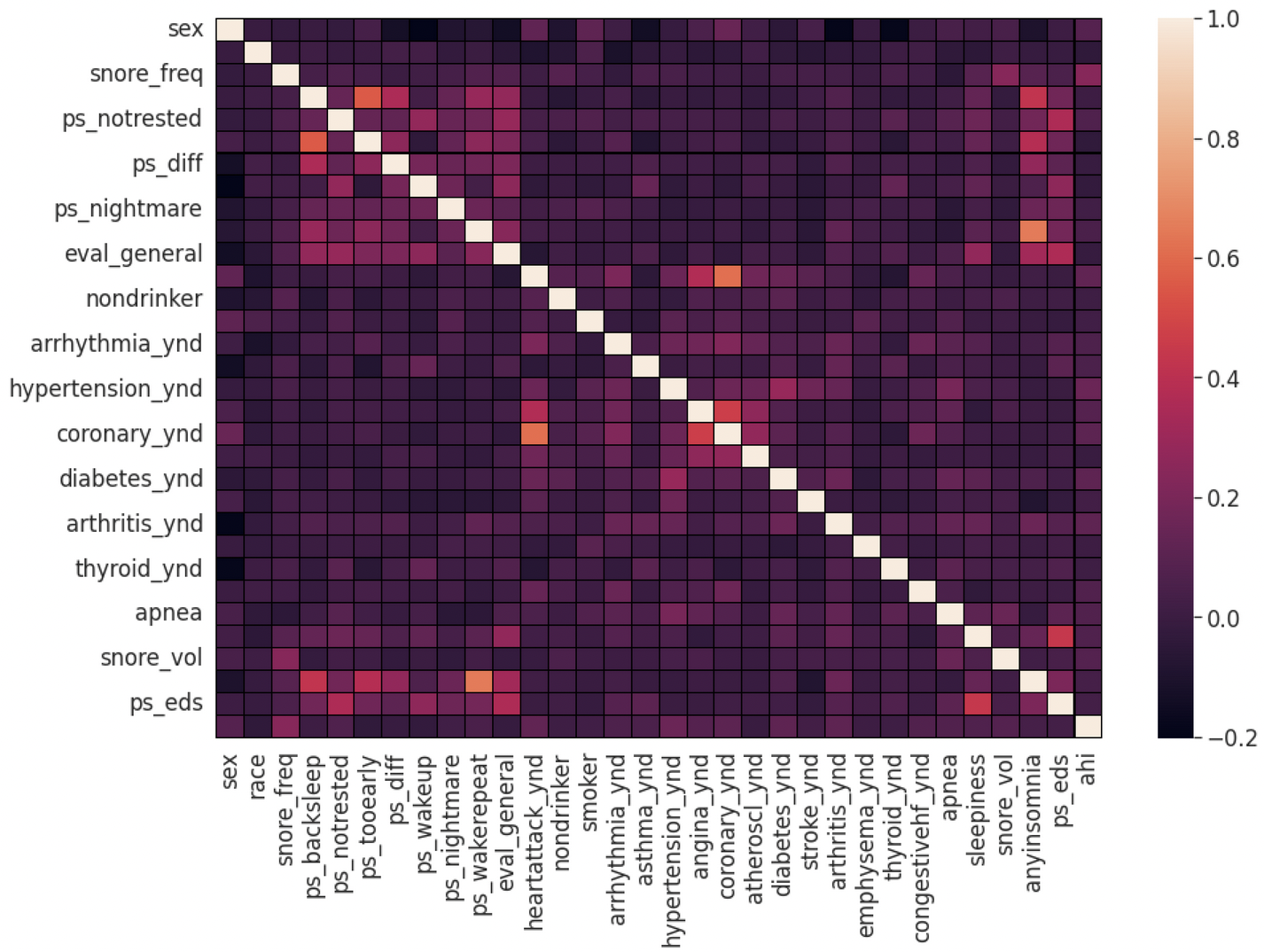
|
Jayroop Ramesh*, Niha Keeran, Assim Sagahyroon, Fadi Aloul MDPI Healthcare, 2021 For effective screening, this work implements machine learning algorithms for classification of OSA. The model is trained with routinely acquired clinical data of 1479 records from the Wisconsin Sleep Cohort dataset. Extracted features from the electronic health records include patient demographics, laboratory blood reports, physical measurements, habitual sleep history, comorbidities, and general health questionnaire scores. For distinguishing between OSA and non-OSA patients, feature selection methods reveal the primary important predictors as waist-to-height ratio, waist circumference, neck circumference, body-mass index, lipid accumulation product, excessive daytime sleepiness, daily snoring frequency and snoring volume. |
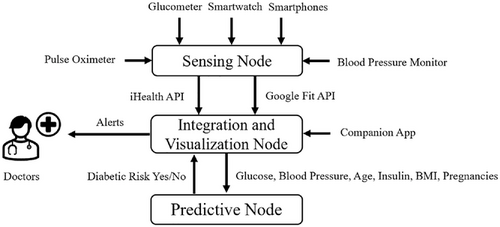
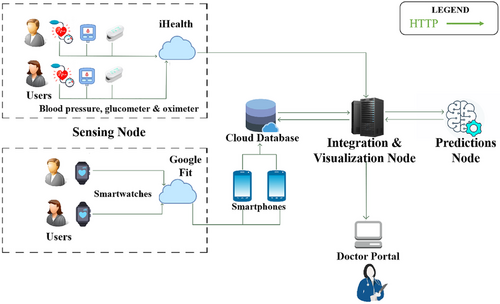
|
Jayroop Ramesh, Raafat Aburukba, Assim Sagahyroon, Wiley Healthcare Letters, 2021 TThis work proposes an end-to-end remote monitoring framework for automated diabetes risk prediction and management, using personal health devices, smart wearables and smartphones. he proposed framework enables medical professionals to make informed decisions based on the latest diabetes risk predictions and lifestyle insights while attaining unobtrusiveness, reduced cost, and vendor interoperability. |
|
|
I run an affordable (sometimes free!) virtual bootcamp aimed at improving STEM literacy among high schoolers in developing nations named Odysy Academy, which combines animated narratives with foundational CS concepts. Recently, Reuben College has generously funded my initiative through its PER grant in collaboration with another initiative entitled Reubocomp. On a personal level, I am an avid reader of Victorian-era poetry, science fiction, epic fantasy, and philosophy. In my spare time, I pursue my literary passions with considerable ardour (go forth for short stories) and run a blog consolidating the rants and musings of fellow tech students at Socrates404. I am currently the Editor-in-Chief at the Reuby Magazine, hosted by Reuben College, where we focus on emerging AI and view its implications for humanity through the lens of speculative fiction and ethics & values research. |
|
|

.png)
